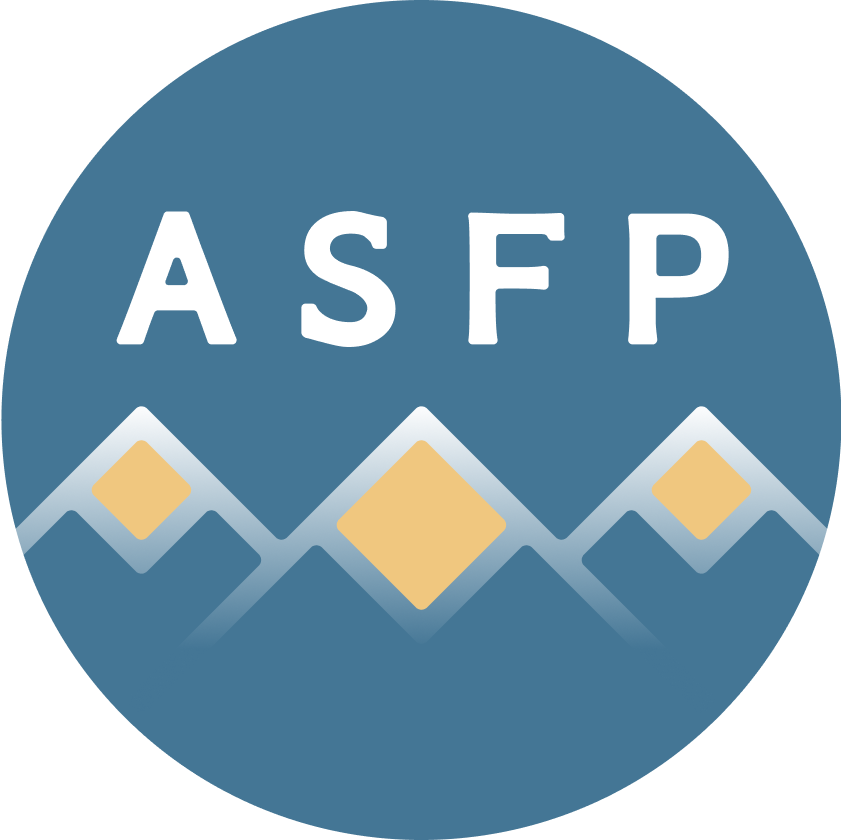Categories of Psychology
What areas of psychology should you choose? We support Clinical, Developmental, Social, and Cognitive psychology programs - see below for more information about these categories. Select areas that reflect the programs you are or could be connected to in an admissions context, that is, that you are applying to (applicants) or in which you would receive applications (editors).
This is not the same thing as indicating your interests! For example, if an applicant was applying to a clinical psychology program (or if an editor is currently in a clinical psychology program), but they had social psychology interests, they would only select “Clinical” as that is the relevant admissions context. If you are an applicant applying to multiple subdisciplines, or if you are an editor who is connected to multiple areas in an admissions context (e.g. you are associated with two programs in your university), please select both categories. However, note that almost all applicants and editors should select one category; it is rare for two categories to truly be applicable to a given applicant or editor.
All of the below categories are exclusively considered within the context of psychology PhD programs. If you are unsure what to select, please reach out to us at team@asfp.io, and describe your question in detail so we can help you. You may also find our Program Explainer document helpful in understanding all of these degree options.
If a category or area is not listed, ASFP does not currently support that area of psychology - our sincere and deepest apologies! Our lack of support should not be read as a judgment of that part of the field in any way - we can only do so much as a small team of volunteers. If you would like to see a specific area of psychology listed, please contact us at team@asfp.io and perhaps we can do that in future years!
CLINICAL
This is intended to cover clinical psychology, including variants thereof (e.g. child clinical, clinical science). These are programs that offer clinical training, supervision, and certification (in addition to research training). Some example programs include those at the University of Denver, University of Wisconsin-Madison, or UCLA.
Do not select this category if you have interest or expertise in clinical topics, but are not pursuing a Clinical Psychology PhD (you are not providing or seeking clinical training, and you are pursuing a PhD in e.g. cognitive, social, or developmental psychology).
Note that ASFP does not support applicants to other clinically-oriented programs that are not psychology PhDs (e.g. counseling degrees, master’s programs, PsyD programs; see our Program Explainer document and/or Dr. Mitch Prinstein’s helpful guide here for more on how these programs differ).
DEVELOPMENTAL
This category covers programs with a central emphasis on development (typically infant, child, and/or adolescent development, but also including other aspects like aging populations). Some example topics may include parent-child relationship dynamics, language acquisition, or cultural identity formation. Topics may overlap with other categories (e.g., cognitive or social emotional development, neuroscience) but should emphasize processes of change across time.
Some example programs include University of Minnesota’s ”Developmental Psychology”, Boston University’s ”Developmental Science”, and Colorado State University’s ”Applied Developmental Science”.
While ASFP supports a variety of developmental programs, note that we do NOT support applications to Human Development & Family Studies (HDFS) programs, as these programs differ in meaningful ways. If you are an applicant applying to a mix of Developmental and HDFS programs, you can still submit your statements aimed at Developmental programs. If you are an editor who could be in HDFS or Developmental programs, you may still edit for the Developmental category. But if an applicant or editor is only applying to, training in, and/or working in an HDFS setting, unfortunately we cannot support you at this time.
SOCIAL
This category covers programs that focus specifically on psychology in the context of social perception, cognition, and interaction, including e.g. social/personality programs.
Some example programs include University of Michigan’s ”Social Psychology”, University of Arizona’s ”Social Psychology”, and University of Washington’s ”Social and Personality”.
COGNITIVE
This category covers programs focused on the cognitive mechanisms of the human mind. Cognitive programs might include programs with focuses on perception, cognitive science, or cognitive neuroscience. The focus of these programs must ultimately be on human cognition. We do not currently support applicants to strictly neuroscience programs or programs with a focus on non-human subjects (e.g. non-human primates or other animal models).
Some example programs include New York University’s ”Cognition and Perception”, Temple University’s ”Cognition and Neuroscience”, and Stony Brook University’s ”Cognitive Science”.
OUT OF SCOPE CATEGORIES
Our editors cannot provide feedback in areas of psychology that are not listed above (for example, health psychology, quantitative psychology, I/O psychology, etc.), or, as mentioned above, Human Development & Family Studies, animal neuroscience, or non-PhD programs (including PsyD programs). See our Program Explainer document for more info about how these degree options differ. That we do not support these categories is entirely about the limits of our volunteer team’s capacity, and means nothing about how great these kinds of programs may be! If you would like to see a specific area of psychology listed, please contact us at team@asfp.io and perhaps we can do that in future years!
